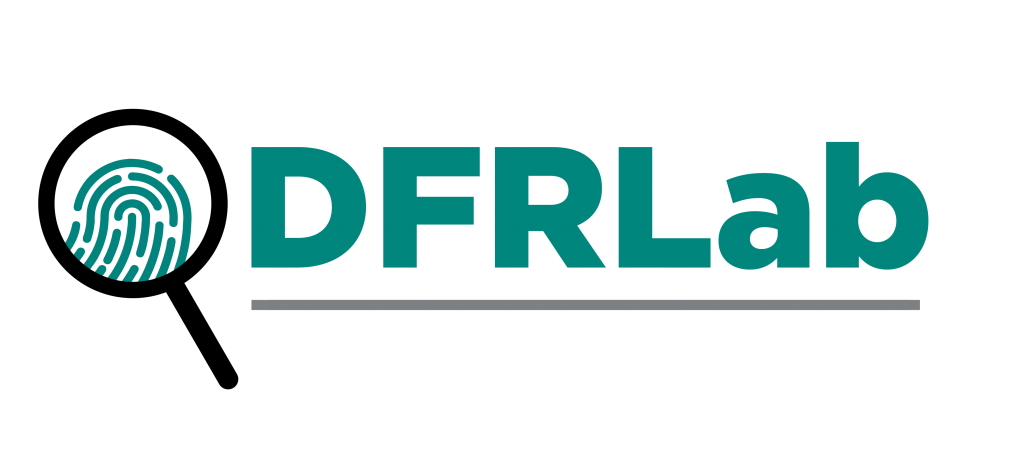Democratic offense against disinformation
The United States and other democratic countries have made progress defending against foreign and domestic disinformation. Unevenly, but steadily, a structure for democratic defense against disinformation is emerging, consistent with the principles of transparency, accountability, and respect for freedom of expression. It includes:
- a growing network of disinformation detectors (led by civil society sometimes informed by government agencies);
- social media companies (responsive to public and legislative pressure) that constrict disinformation on their platforms;
- an informed media that exposes disinformation; and, potentially at a next stage,
- a regulatory framework that seeks to filter out inauthentic and deceptive behavior.
While defensive measures cannot block all disinformation, they can limit disinformation as more people learn to filter it out on their own (“social resilience”).
But defense is working against a moving target. Purveyors of disinformation have grown more sophisticated and their tactics continue to advance. The line between domestic and foreign disinformation has blurred, with Russian agents using local actors as proxies to carry out disinformation operations. “Deepfakes” are progressing beyond the ability to detect such content in real time. China and other foreign players (Iran, for example) have also entered the disinformation game.
Defensive tactics based on democratic values can mitigate the impact of disinformation, but there remains a mismatch between the fast-evolving threat and the slow implementation of efforts to manage it.
We, therefore, recommend supplementing defense with offense. Our recommendations are designed for the United States; some may be adaptable by European governments and the European Union (EU) as well. Offense does not mean spreading disinformation (that would not be consistent with democratic values and democracies aren’t good at it anyway). It does mean building up:
- Cyber tools to identify and disrupt foreign disinformation operations. The U.S. Cyber Command (USCYBERCOM) has already launched this option — the U.S. military terms it “hunt, surveil, expose and disable.” It has the appeal of immediacy and directness, but at its harder-edged end it has drawbacks. The “disable” option needs to be implemented with care.
- Sanctions (and other financial) tools against disinformation actors and their sources of funding, and development of contingent retaliatory sanctions as a deterrent. Use of the sanctions tool requires persistence to apply well and its impact will be moderate rather than decisive. It will be more effective if carried out in parallel by the United States, the EU, and the United Kingdom.
- Support for free media in the broad sense, including journalists, activists, and independent investigators, can be the most effective tool of counterdisinformation. It is asymmetric — it does not directly counter disinformation — but plays to the greatest strengths of free societies dealing with authoritarian adversaries: the inherent attraction, over the long run, of truth. This was a key lesson of the Cold War, when 20th century methods, e.g., support for independent radio broadcasting at Radio Free Europe/Radio Liberty (RFE/RL), proved effective in reaching societies inside the Soviet Union and Soviet Bloc. Today, updated technologies, including direct, although unofficial, support for activist journalists working both inside and outside Russia (and China) may become a 21st century equivalent. China’s media and internet landscape is more restrictive than Russia’s but options exist there as well. These activities can be slow to yield measurable results but can have strategic impact over time, if applied with creativity and determination.
The United States and, to some degree, the EU, NATO, and some European national governments, are already applying versions of these tools, but often haphazardly, without integrating them into a policy framework and with only spotty coordination. For the first two levels of tools, governments will have the lead; for the third, civil society groups will be critical and, in some cases, leading actors.
The new U.S. administration under President-elect Joseph R. Biden Jr. is likely to be more committed to developing a strategic response to disinformation, and be more effective generally, in crafting and implementing policies. U.S. President Donald J. Trump’s mixed signals with respect to Russian disinformation, attacks on free media, and distracting fights with European allies prevented a coordinated response and set the United States back. Recovering from these setbacks will not be easy, but the new Biden administration will have a roadmap for what to do.
This report was published in partnership with the Center for European Policy Analysis (CEPA). CEPA’s mission is to promote an economically vibrant, strategically secure, and politically free Europe with close and enduring ties to the United States.

The Atlantic Council’s Digital Forensic Research Lab (DFRLab) has operationalized the study of disinformation by exposing falsehoods and fake news, documenting human rights abuses, and building digital resilience worldwide.